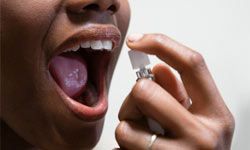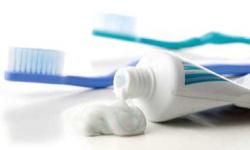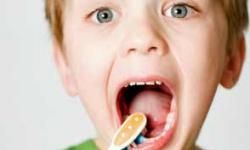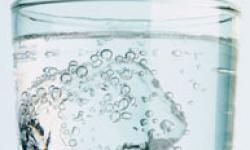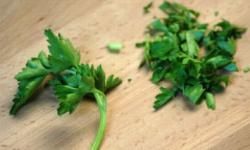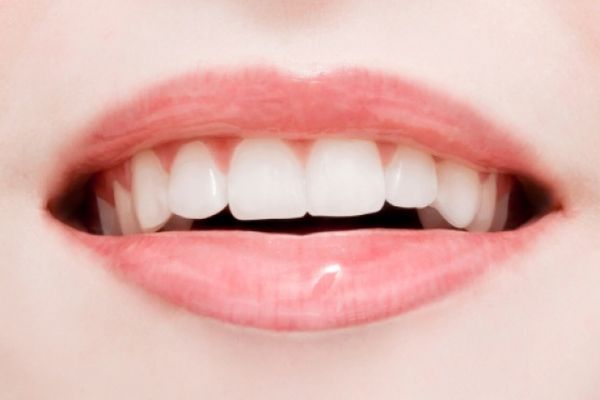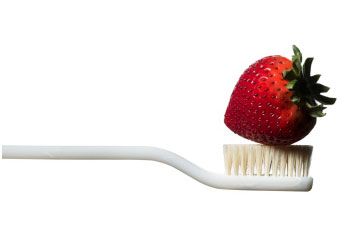Whether it's a fleeting case of morning breath or a lingering bout with halitosis, everyone has bad breath sometimes.
Unfortunately, for as easy as it is to get bad breath, getting rid of it can be a lot more complicated. For some, employing a toothbrush, floss and mouthwash more frequently to remove plaque, the nearly invisible film of bacteria that contributes to bad breath, will do the trick. For others, a professional cleaning to remove stuck-on tartar, which is hardened plaque, will be necessary. Others still will discover that cavities and gum disease are at the root of their bad breath problems.
Advertisement
Occasionally, bad breath is due to something in the lungs or gastrointestinal tract, or to a systemic infection. Some health problems, such as sinus infections or diabetes, can also cause bad breath. And sometimes it just comes down to what you ate for dinner.
So what's the first step you should take to freshen your breath? Check out our 10 best tips, beginning on the next page.
